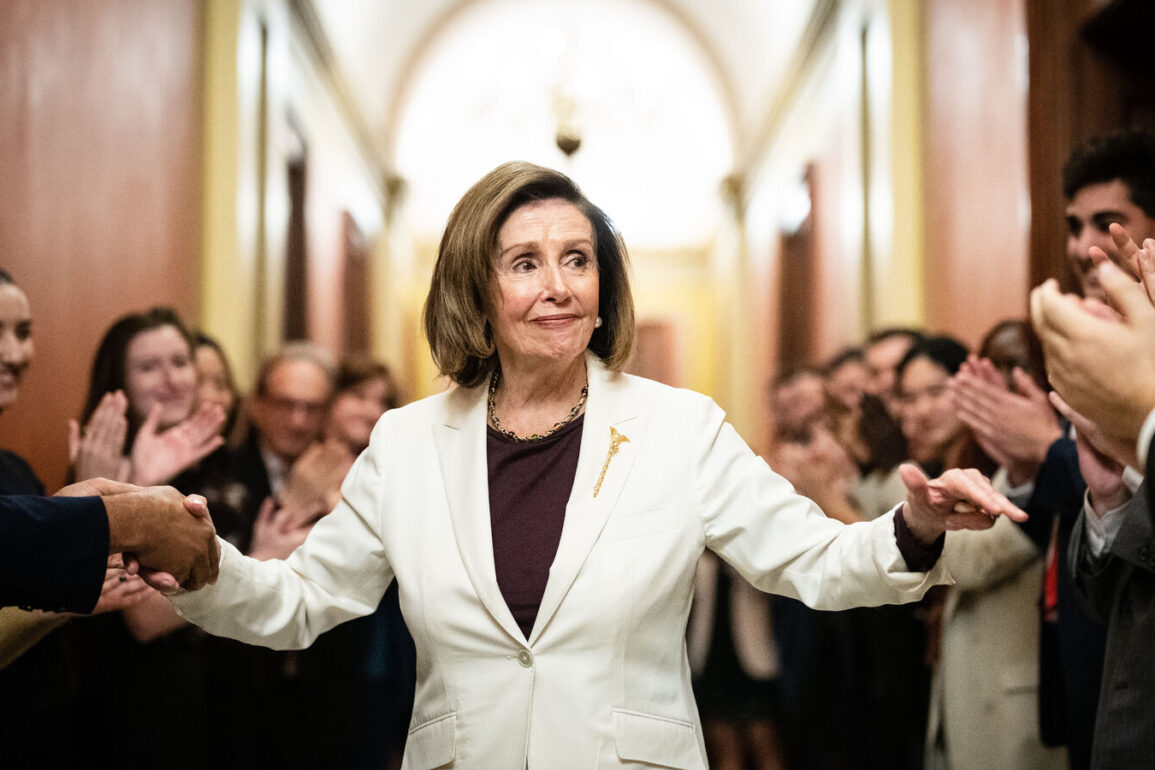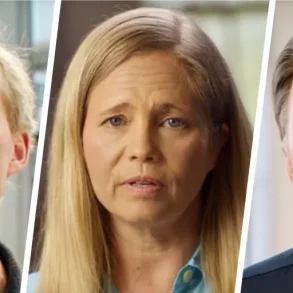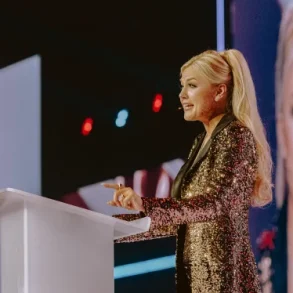On November 6, 2025, Nancy Pelosi, the trailblazing California Democrat and first woman to serve as Speaker of the House, announced she would not seek reelection after nearly four decades in Congress. At 85, Pelosi’s decision ends a legendary career marked by landmark legislation, fierce opposition to Republican presidents, and masterful leadership. Yet, it has also reignited a heated debate within the Democratic Party about aging leaders clinging to power and the push for younger voices to take the reins.
Pelosi revealed her plans in a video message to her San Francisco constituents. “With a grateful heart, I look forward to my final year of service as your proud representative,” she said. Her exit comes just days after helping secure passage of California’s Proposition 50, a ballot measure aimed at countering Republican redistricting efforts in other states and potentially boosting Democratic seats in the House.
A Historic Legacy
Pelosi’s impact on American politics is undeniable. Elected in a 1987 special election, she rose through the ranks to become minority whip in 2001, minority leader in 2002, and Speaker in 2007 after Democrats reclaimed the House. She held the gavel again from 2019 to 2023. Under her leadership, Democrats passed the Affordable Care Act, financial reforms after the 2008 crisis, President Biden’s infrastructure bill, and more. She was an early champion of LGBTQ rights and a fundraising powerhouse.
Praise poured in from across the political spectrum. Former President Barack Obama called her “one of the best speakers the House… has ever had.” California Governor Gavin Newsom hailed her as setting “the standard for what public service should be.” Even Republican Rep. Marjorie Taylor Greene admitted Pelosi’s skill at “getting things done.” President Biden, who awarded her the Presidential Medal of Freedom, praised their partnership on economic growth and jobs. However, President Donald Trump struck a harsher note, calling her retirement a “great service” to the country and labeling her “terrible.”
Behind the scenes, Pelosi remained influential after stepping down as leader in 2022. She played a key role in pressuring Biden to exit the 2024 presidential race over age concerns and backed challengers to older committee leaders.
Fueling the Generational Battle
Pelosi’s announcement has amplified calls for other senior Democrats to follow suit. There are 62 House Democrats aged 69 or older, but only about half a dozen are retiring without higher ambitions. Her departure avoids what could have been a costly primary in her safe blue district, where state Sen. Scott Wiener and progressive Saikat Chakrabarti (former chief of staff to Rep. Alexandria Ocasio-Cortez) had already entered the race.
Younger insurgents are gaining traction elsewhere. More than half a dozen challengers raised more funds than their elderly incumbents from July to September. Party insiders worry these intra-party fights in secure seats will drain resources needed to flip the House from Republican control.
Challengers wasted no time capitalizing on Pelosi’s news. Luke Bronin, ex-Hartford mayor running against 77-year-old Rep. John Larson (D-Conn.), said her decision “sends a powerful message that it’s time to let new leaders step forward.” State Rep. Jasmine Clark, challenging 80-year-old Rep. David Scott (D-Ga.), released records showing Scott skipped recent votes, including the 2024 presidential election. “I cannot fathom any elected official asking his constituents for their votes… while not even bothering to go vote himself,” Clark said. Scott’s office did not comment.
Activists echoed the sentiment. David Hogg, former DNC vice chair and head of PAC Leaders We Deserve, hoped more members would “pass the torch.” Amanda Litman of Run For Something urged older Democrats to make this their last term. Rep. Jared Moskowitz (D-Fla.), 44, called Pelosi a “trailblazer” but left retirements to individuals.
Signs of More Change Ahead?
Rumors swirl around other veterans. Sources say former Majority Leader Steny Hoyer (D-Md.), 86, who suffered a mild stroke last year and raised just $43,000 recently, is likely to retire. One senior Democrat told Axios, “Steny will,” while another noted he’s seeking a successor. Hoyer’s team declined comment.
Yet resistance persists. A senior House Democrat said not everyone will follow Pelosi, citing “lots of other factors.” Both Scott and Larson, despite health issues, insist on running again. Rep. Chuy García (D-Ill.) recently withdrew due to a heart condition, paving the way for his 41-year-old chief of staff to run unopposed. García acknowledged the need for “an infusion of younger talent.”
Broader Implications
Pelosi’s exit caps an era but highlights Democrats’ internal tensions. Progressives have long clashed with the old guard, as seen in Ocasio-Cortez’s 2018 upset of Rep. Joe Crowley. With safe seats at stake, expensive primaries could weaken the party’s unity against Republicans.
As one California House Democrat lamented pre-announcement, “I wish she would stay for 10 more years.” But Pelosi’s move may force a reckoning. University of California, Berkeley professor Eric Schickler called her “the most consequential woman politician in U.S. history” for bridging progressives and moderates.
In her final year, Pelosi leaves a party grappling with renewal. Whether more elders step aside remains uncertain, but the generational war is far from over.








